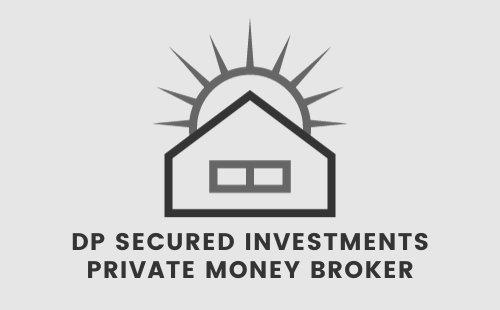In recent times, the real estate market has witnessed several shifts and trends, influenced by various factors including economic conditions, technological advancements, and changing consumer preferences. As we navigate through these changes, here are some key trends currently shaping the real estate landscape:
1. Remote Work and Housing Demand
The rise of remote work has significantly impacted housing demand. With more people working from home, there’s been a noticeable shift in preference towards larger homes with dedicated office spaces, often in suburban or rural areas rather than urban centers. This trend has contributed to increased demand in these locations, pushing up property values and changing the dynamics of local real estate markets.
2. Technology Integration
Technological advancements continue to transform the real estate sector. From virtual tours and AI-powered property recommendations to blockchain in real estate transactions, technology is making the buying and selling process more efficient and accessible. Investors and house flippers should stay informed about these technologies to leverage them for better market analysis, investment decisions, and property management.
3. Sustainability and Green Homes
Sustainability has become a significant factor in the real estate market. Energy-efficient homes, equipped with solar panels, energy-efficient appliances, and green building materials, are becoming increasingly desirable. This trend not only reflects a growing awareness of environmental issues but also the potential for long-term cost savings, making sustainable properties a smart investment.
4. Urban Exodus and the Rise of Secondary Cities
The urban exodus, partially fueled by the remote work trend, has led to a surge in demand for real estate in secondary cities and suburban areas. These locations offer more space, affordability, and a lower cost of living, attracting not only individuals but also businesses. This shift presents new opportunities for real estate investors looking to capitalize on emerging markets.
5. Interest Rates and Affordability
Interest rates play a crucial role in the real estate market, influencing buyers’ purchasing power and investment decisions. With fluctuating interest rates, the market’s affordability can shift, impacting demand and property values. Investors need to monitor these changes closely to identify the best times to buy or sell properties.
6. Rental Market Dynamics
The rental market has seen significant changes, with increasing demand for rental properties as some people delay homeownership due to economic uncertainties or lifestyle preferences. This trend offers opportunities for investors in rental properties, particularly in areas with high demand and limited supply.
For those interested in house flipping and real estate investment, understanding these trends is crucial for making informed decisions and identifying potential opportunities in the market. Keeping an eye on these developments can help investors navigate the complexities of the real estate market and capitalize on emerging trends.
To stay updated and make the most of your investments, consider subscribing to DP Secured Investments for insights and tips tailored to the evolving real estate landscape.
